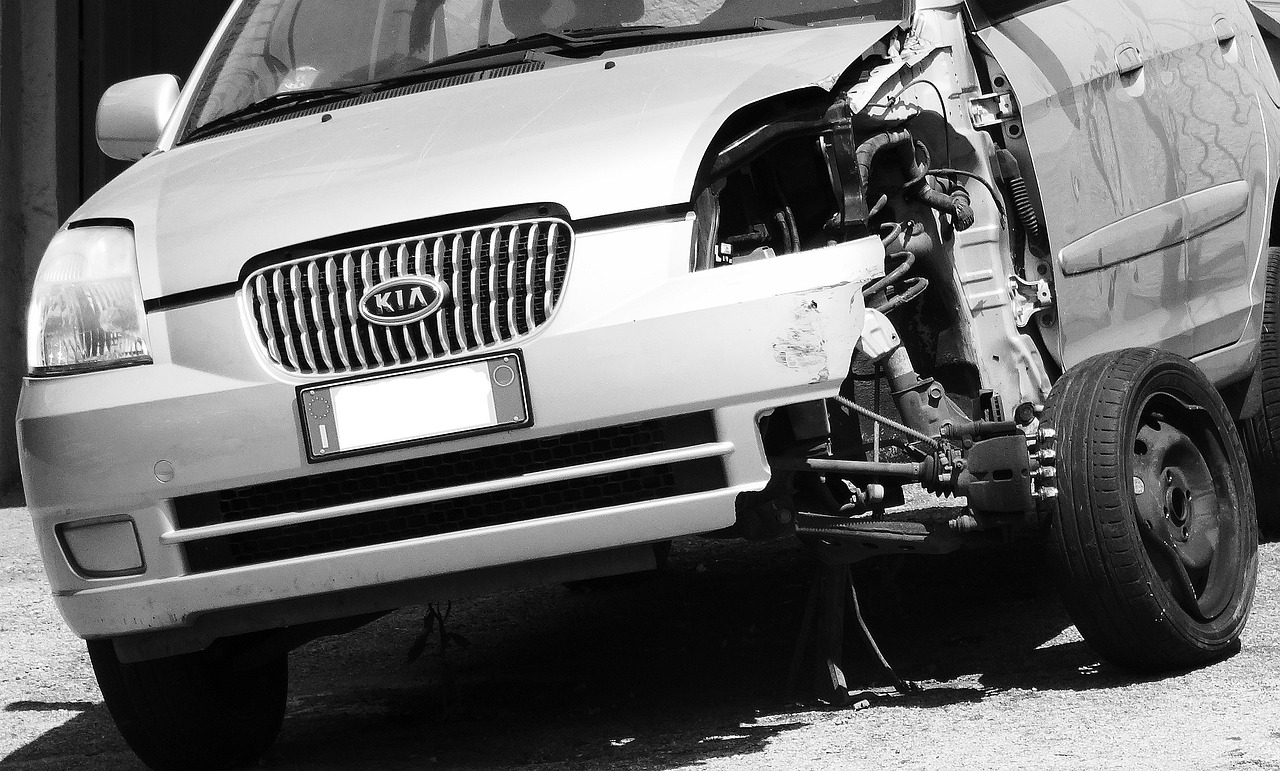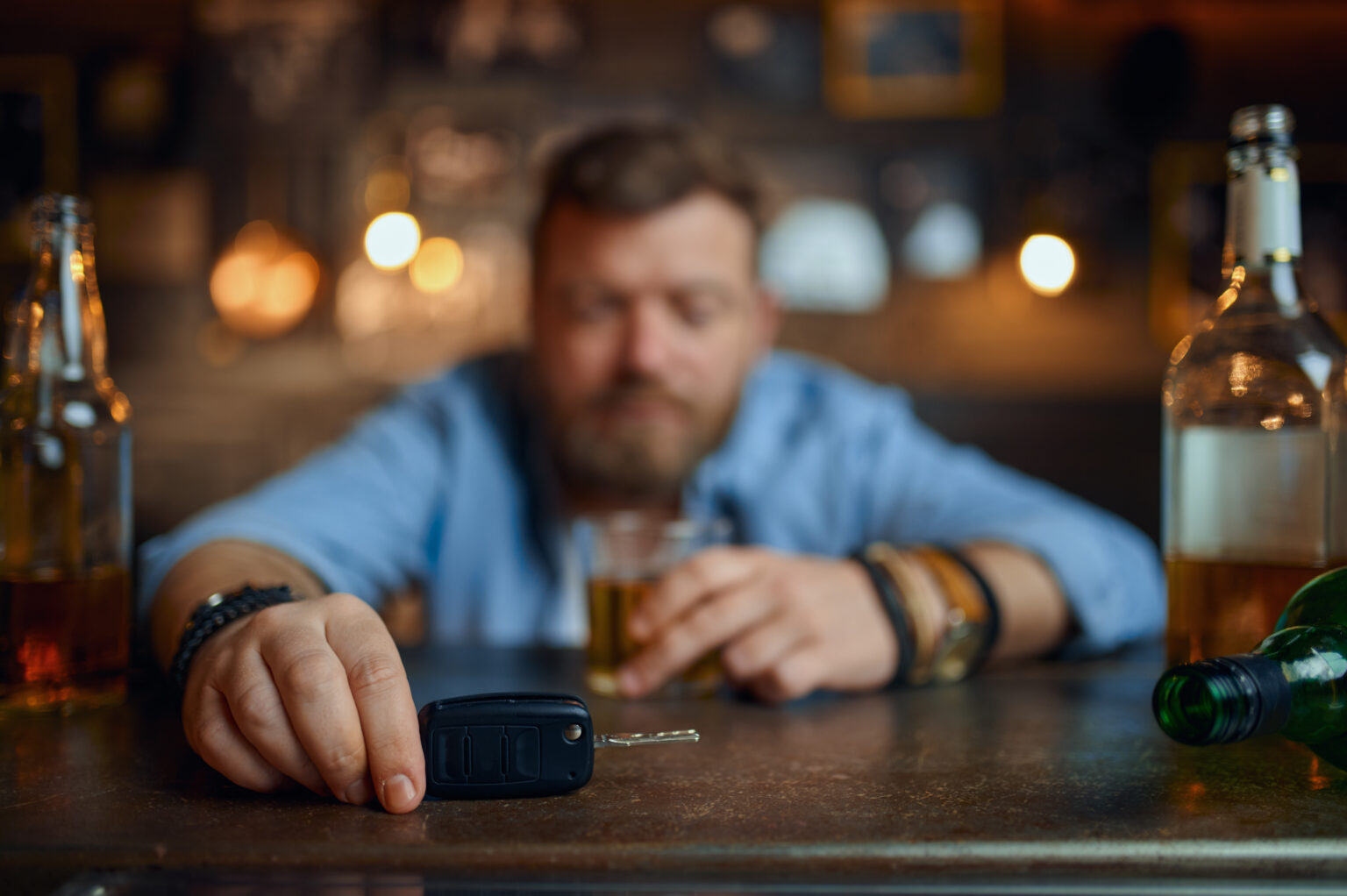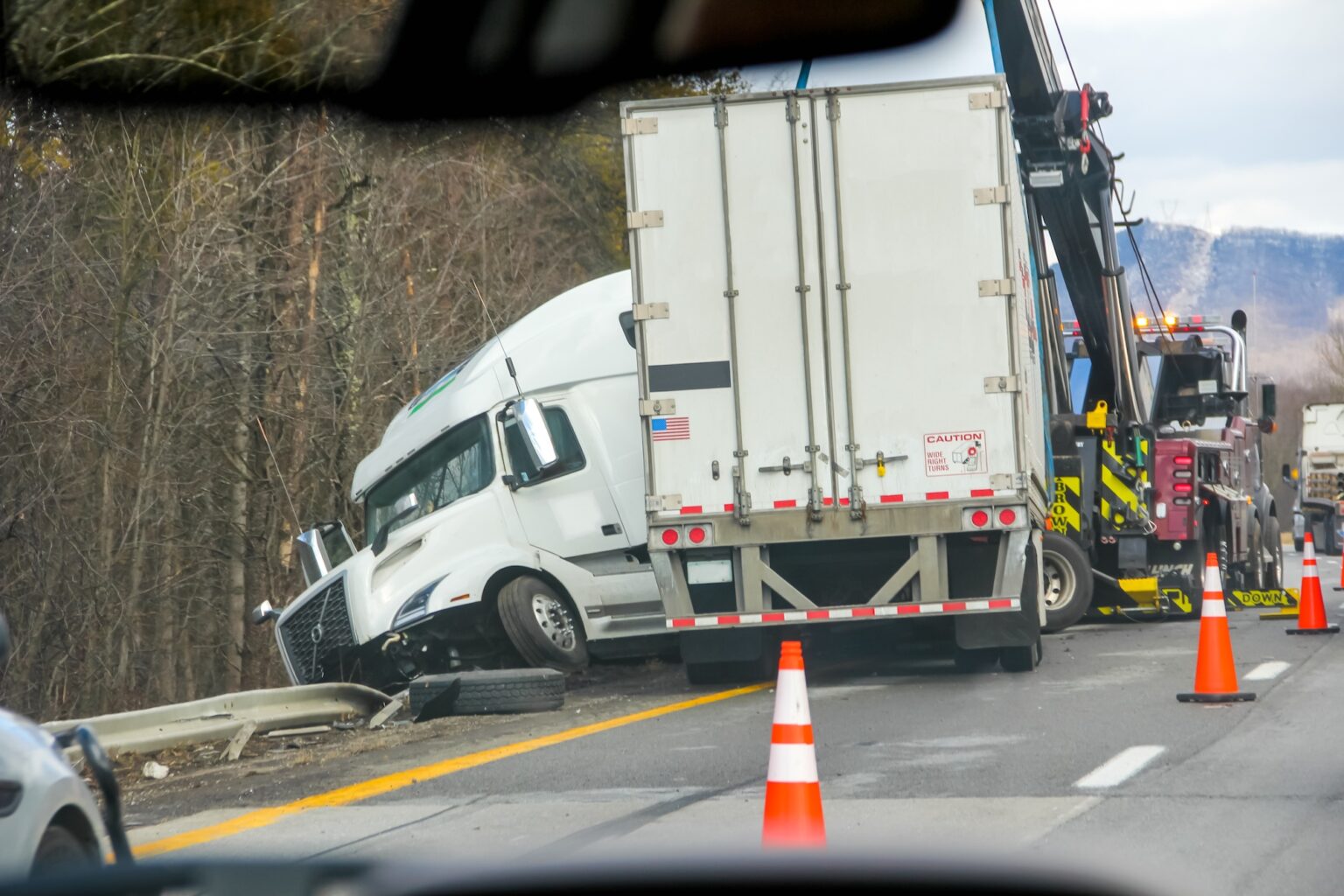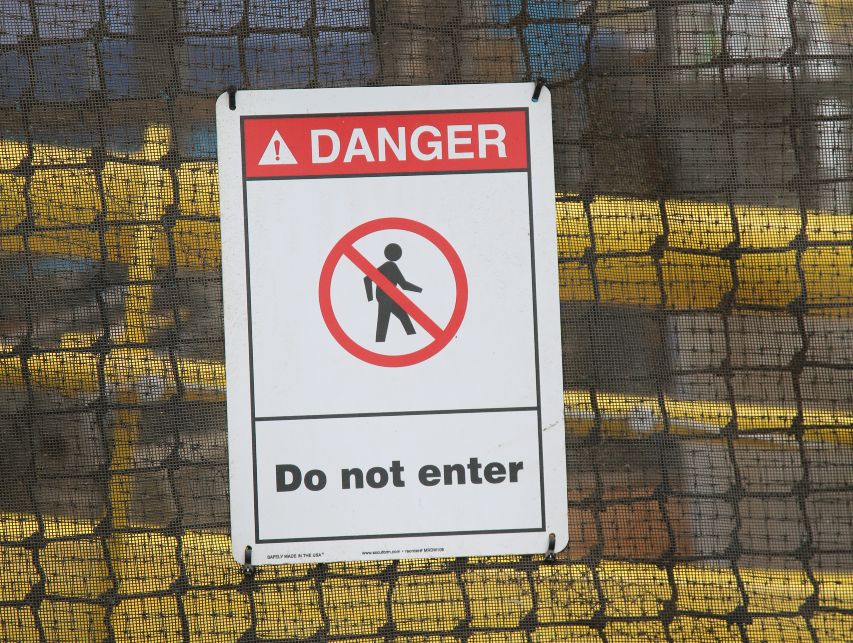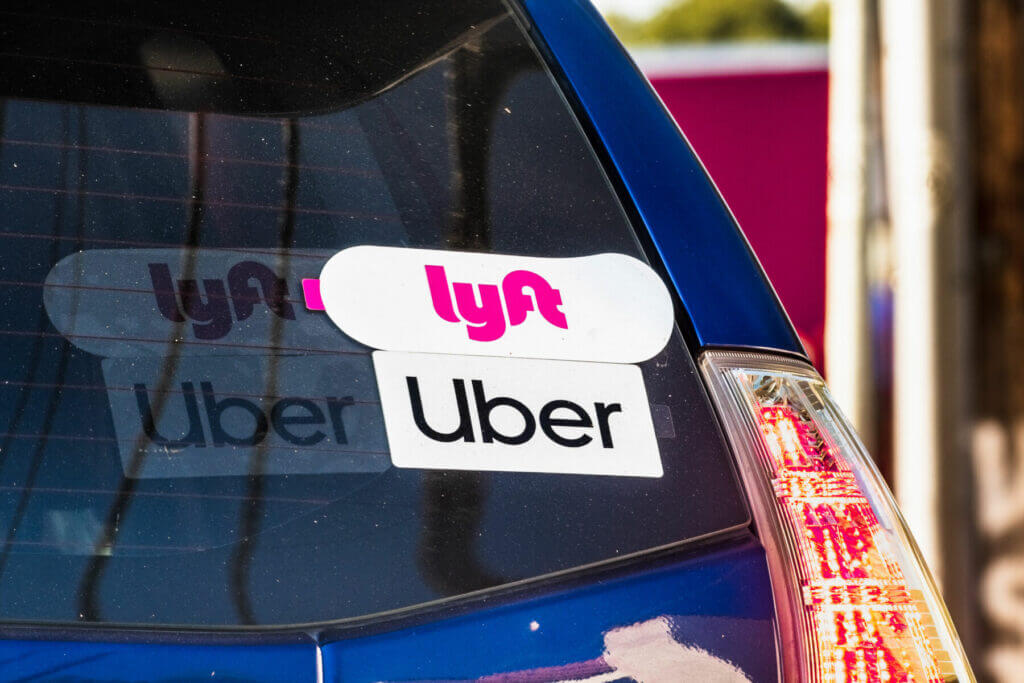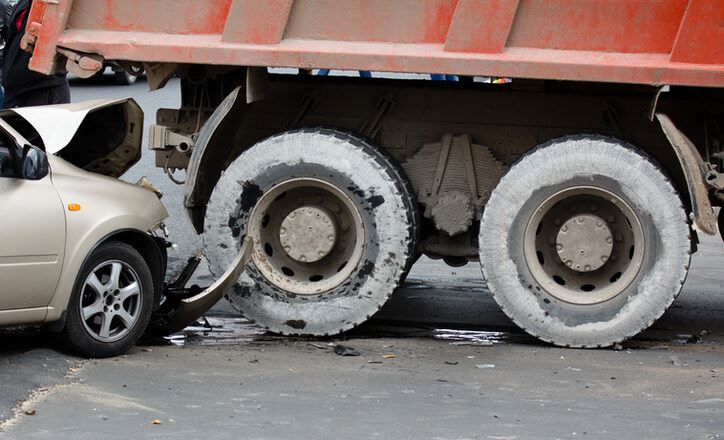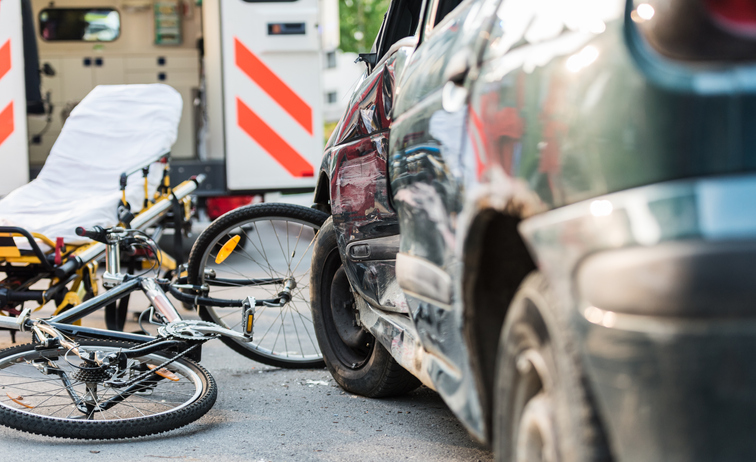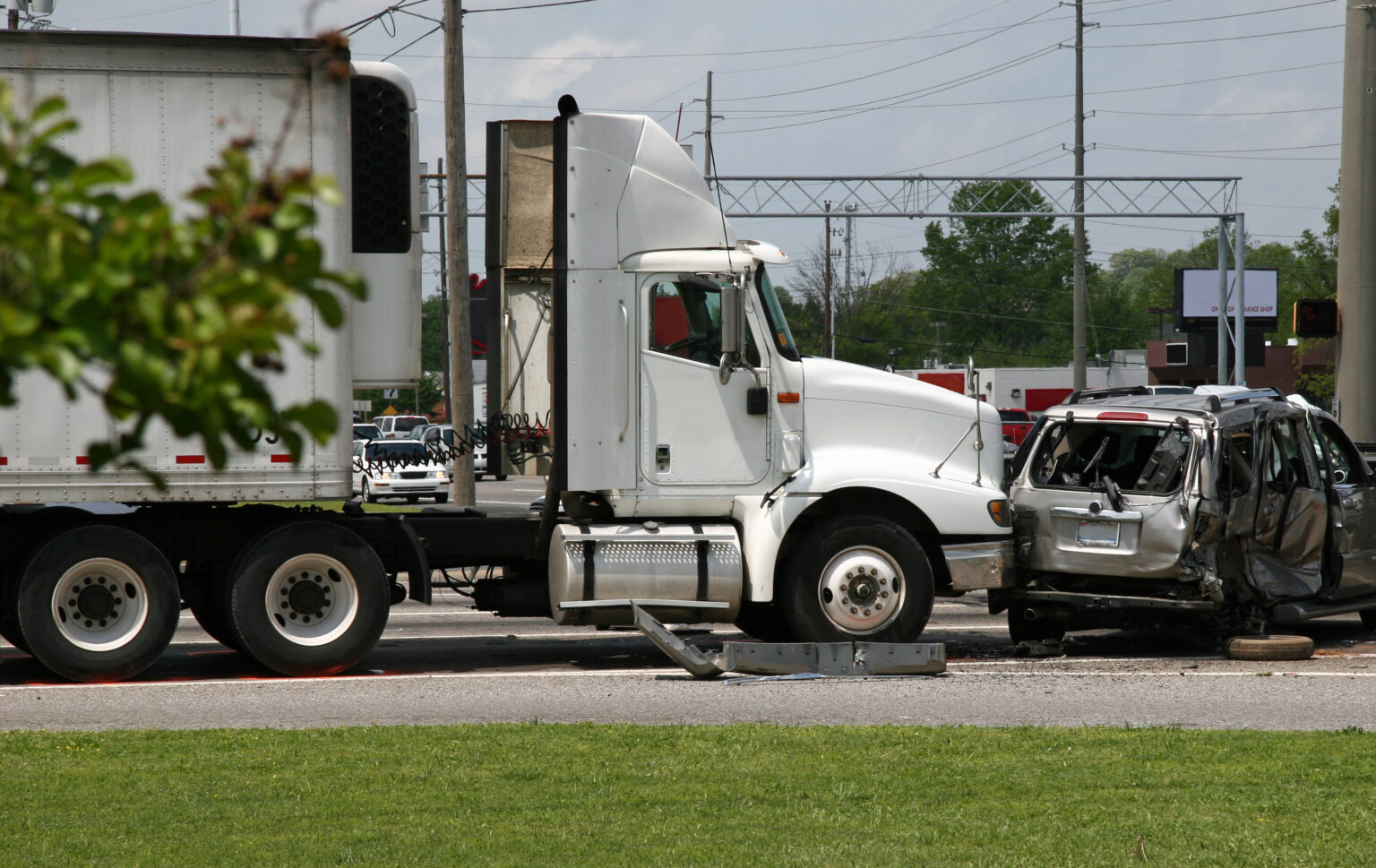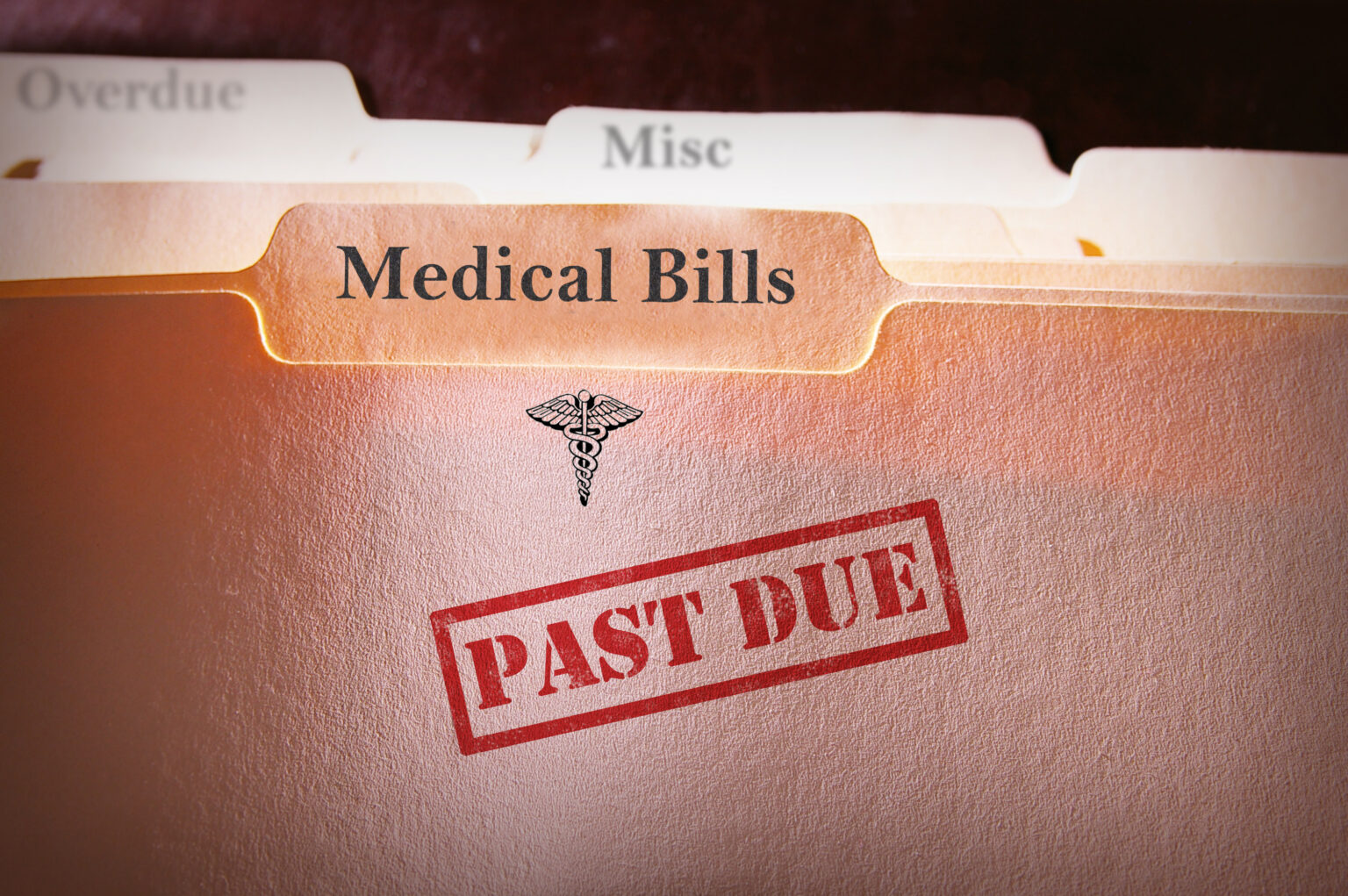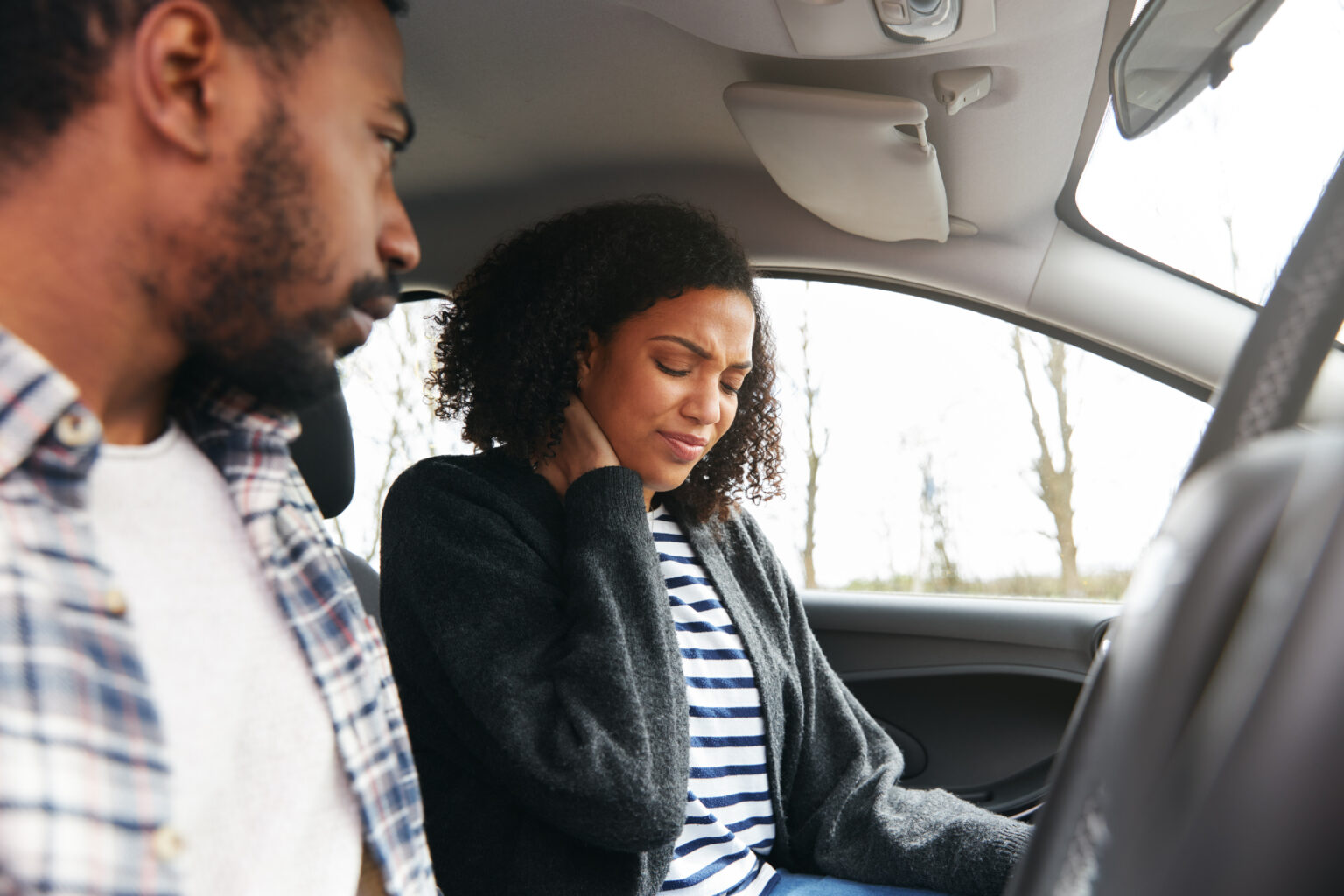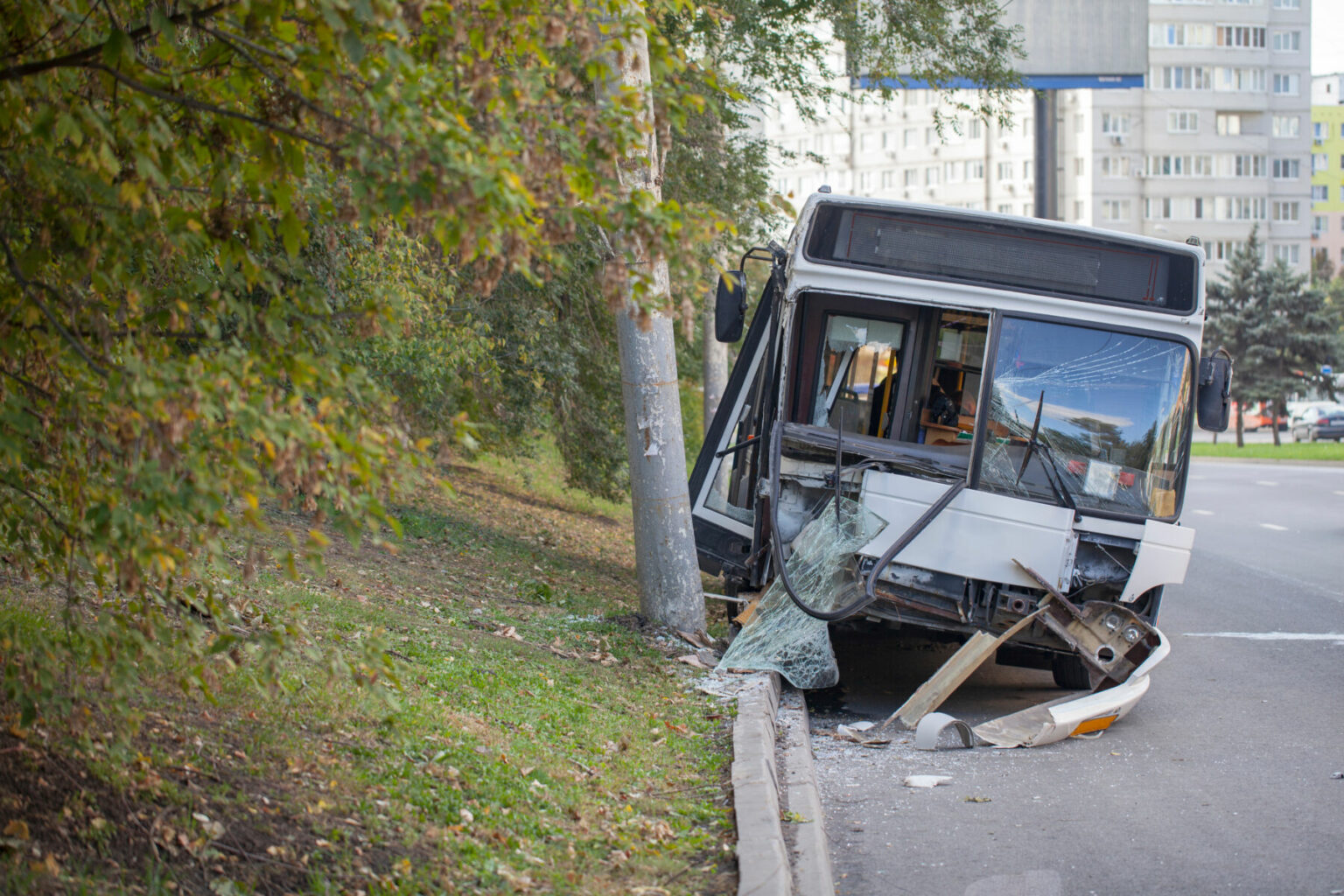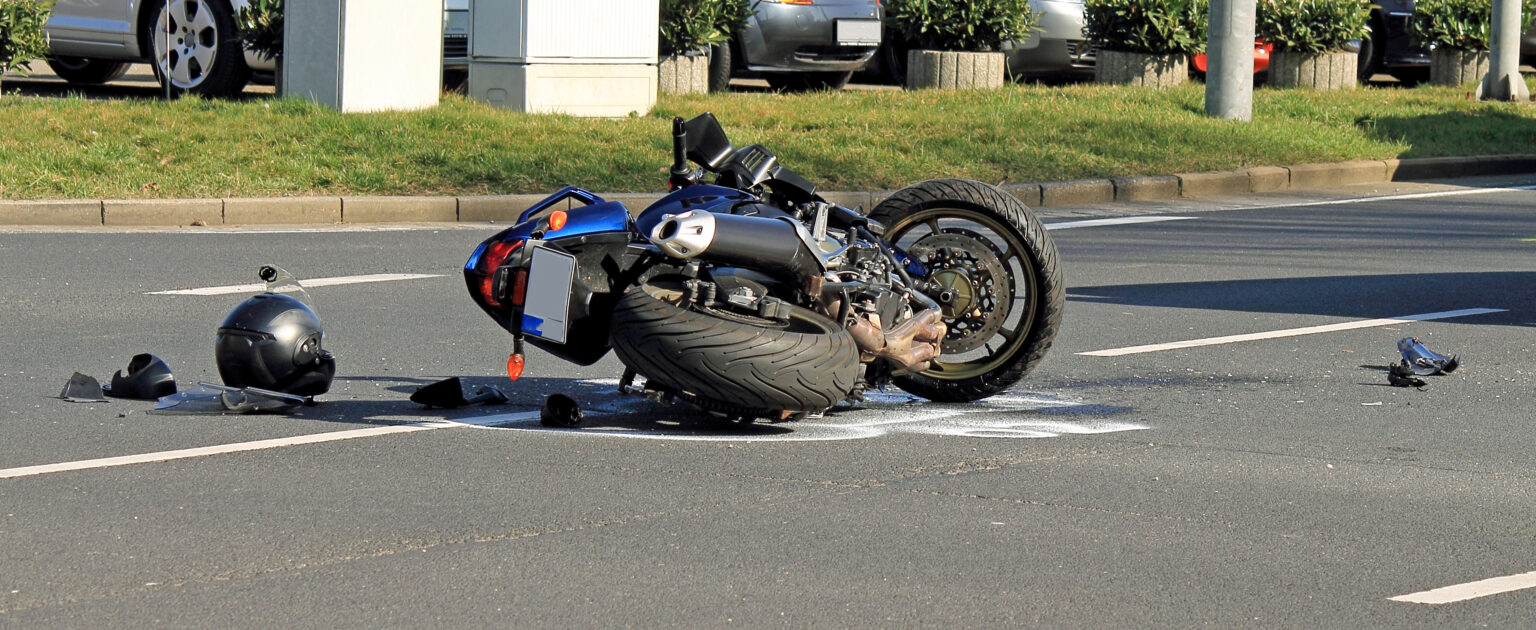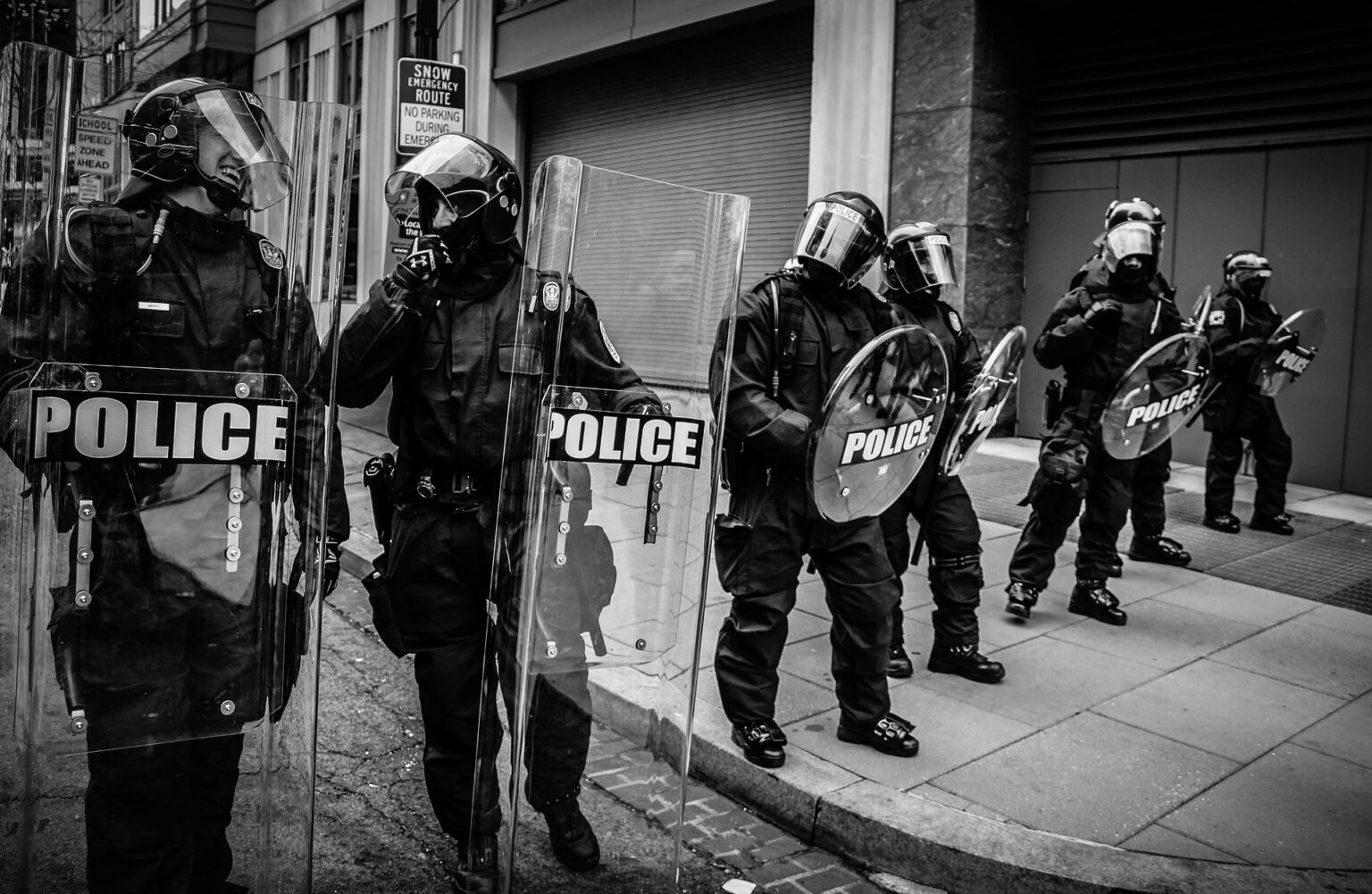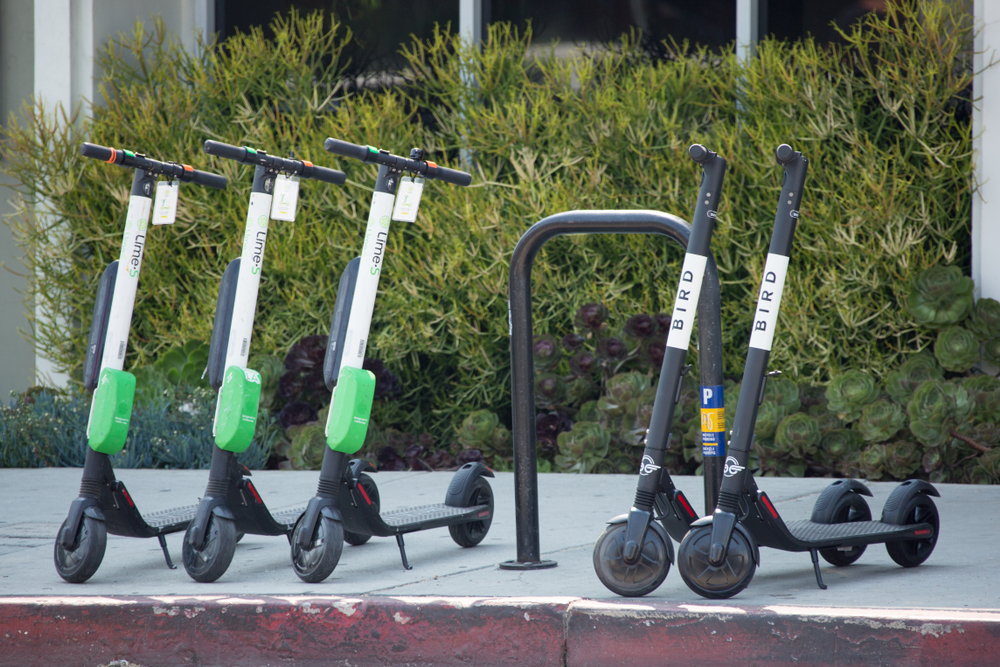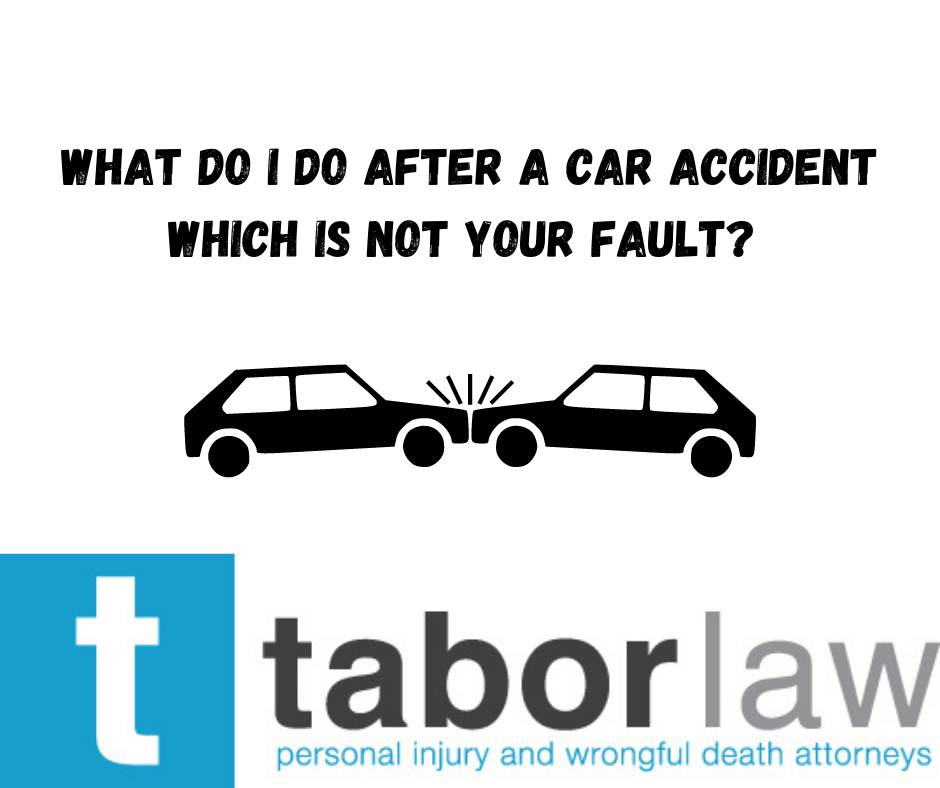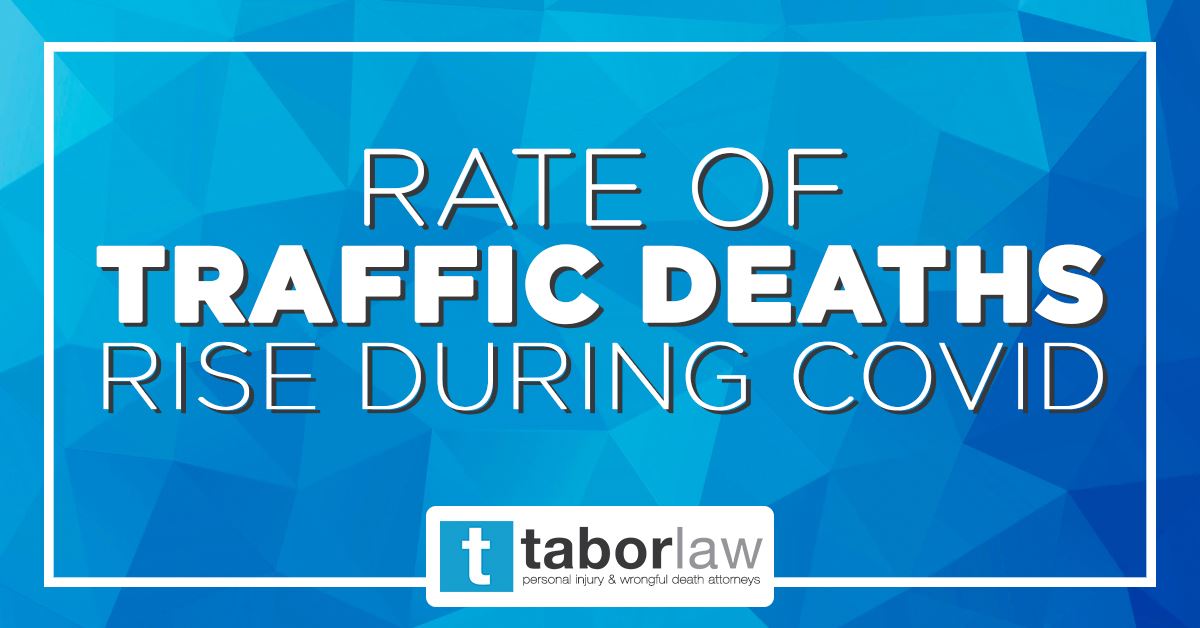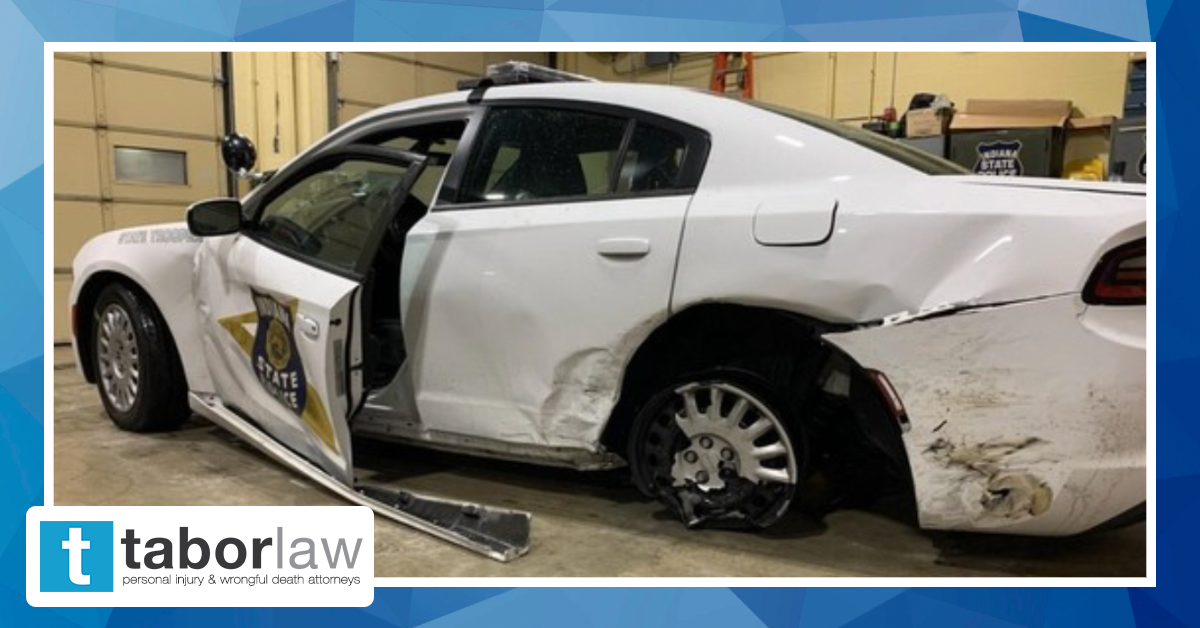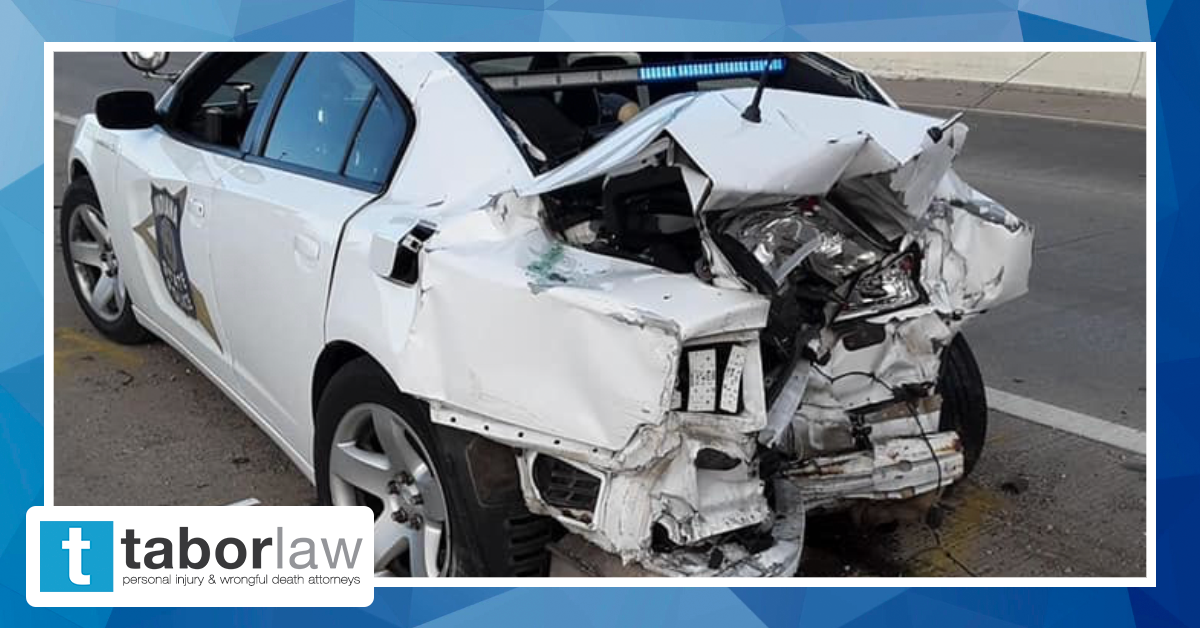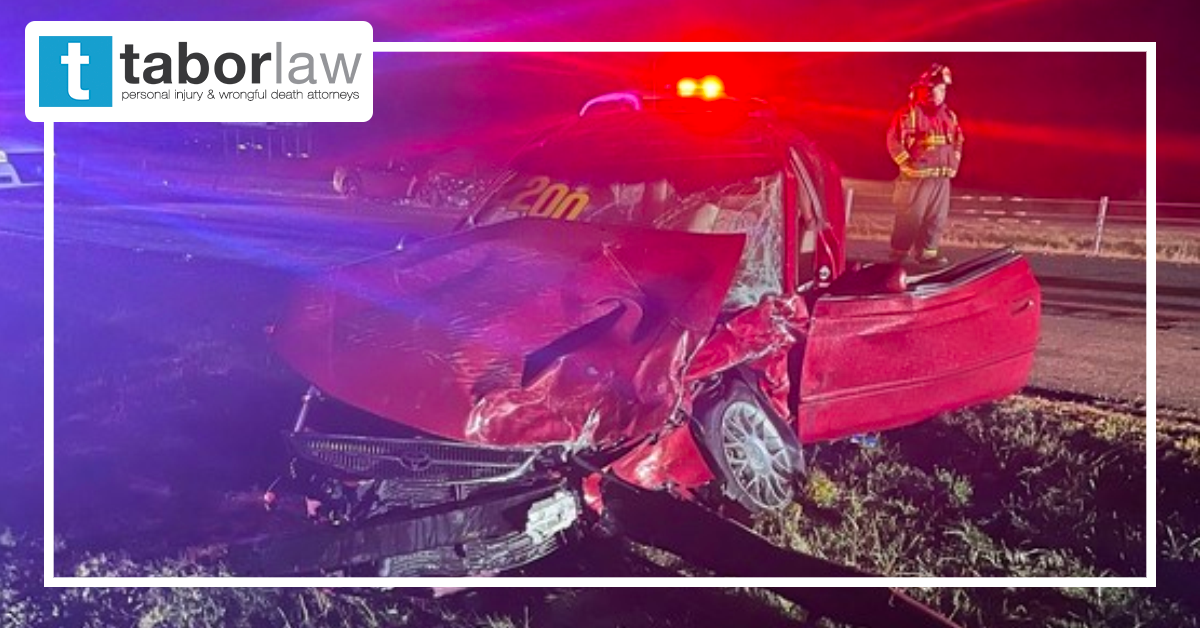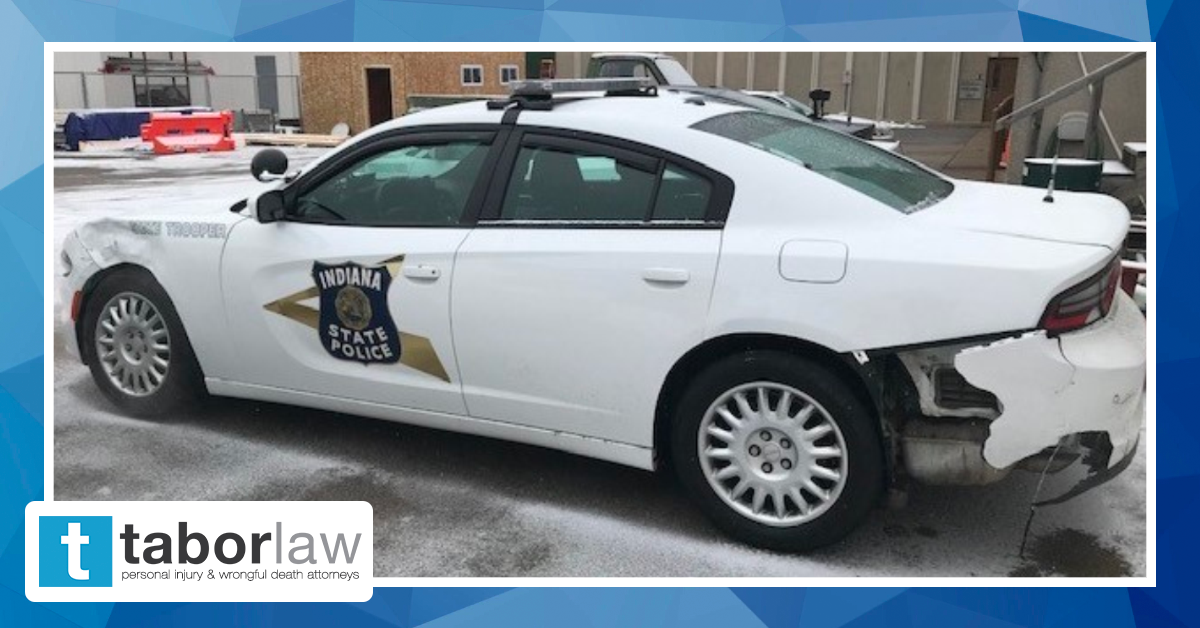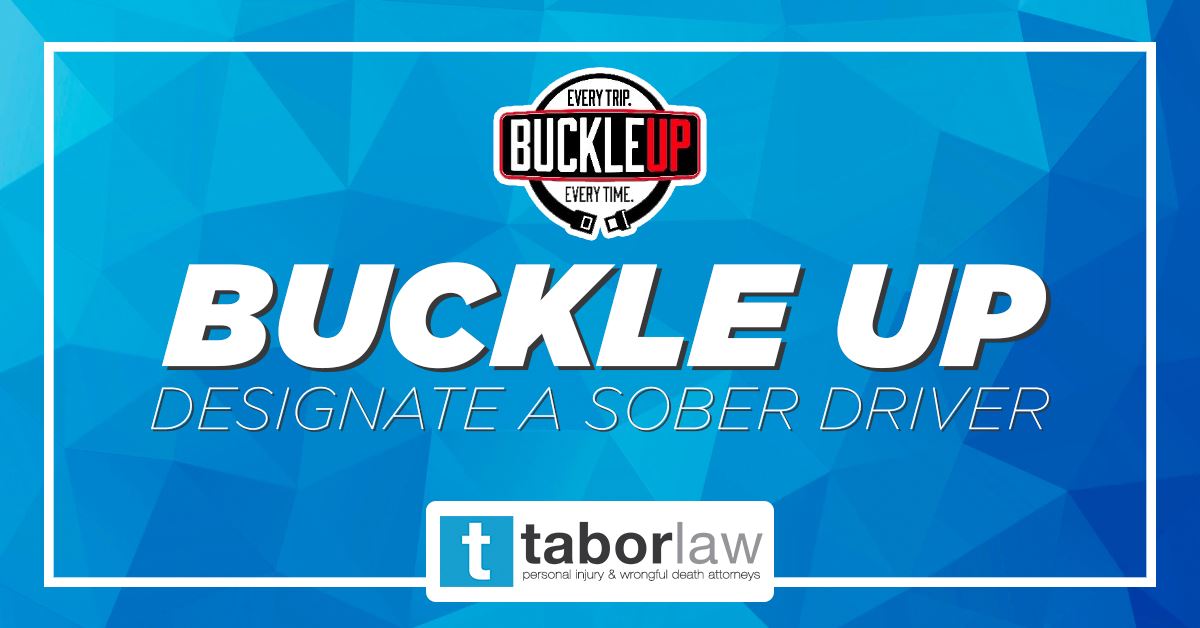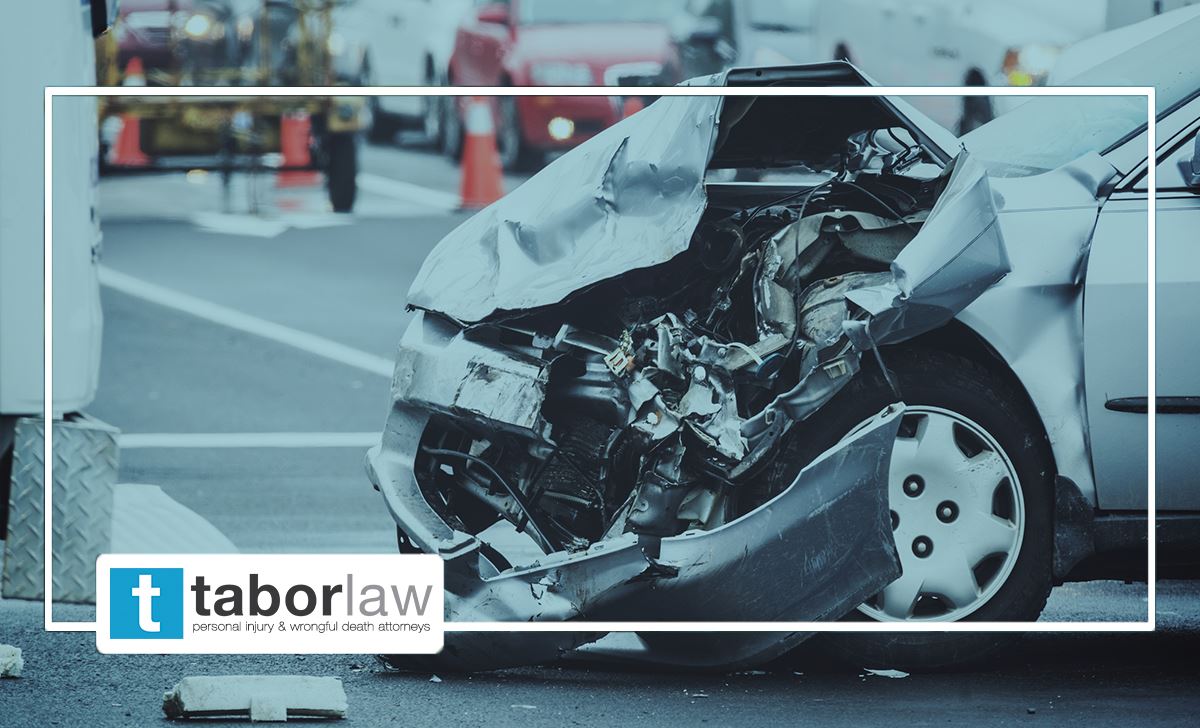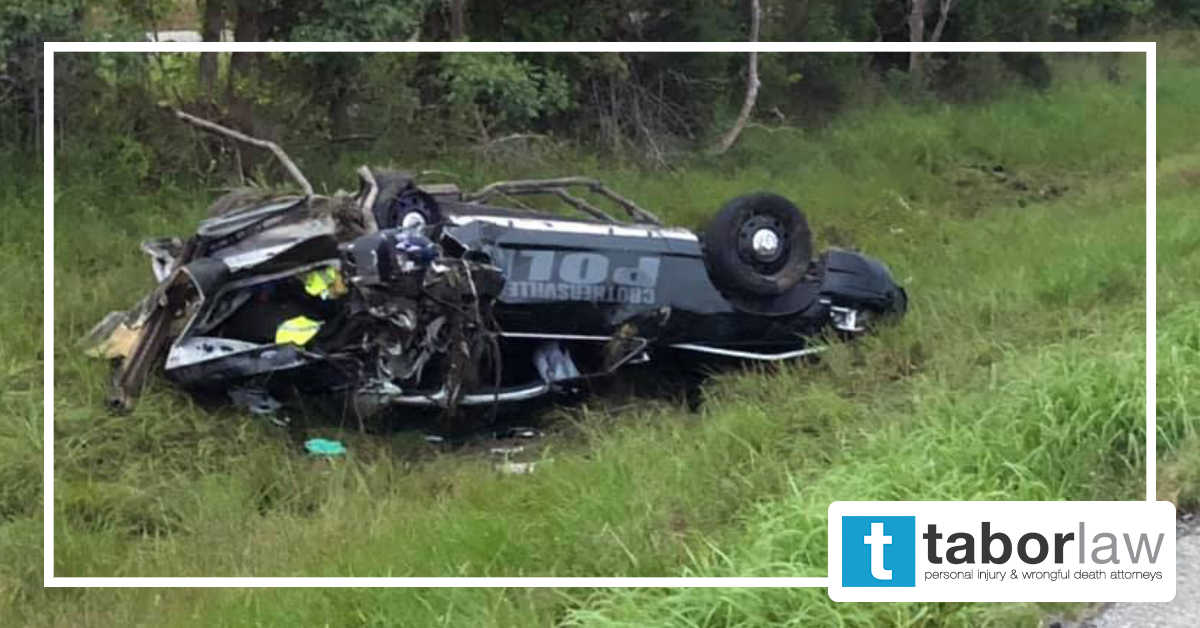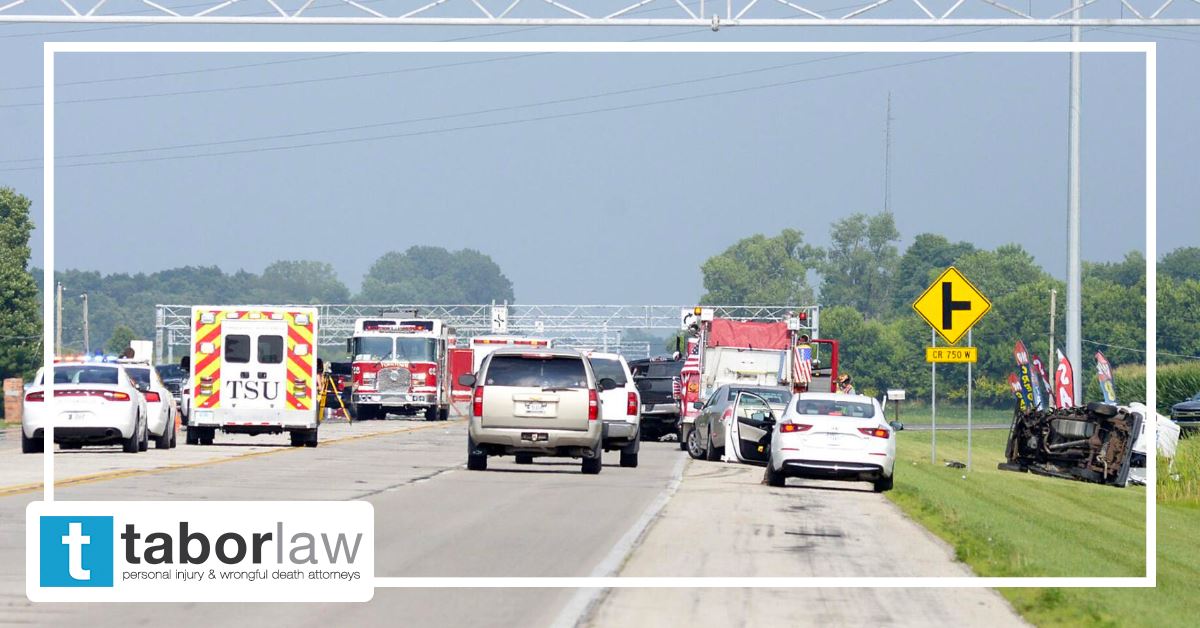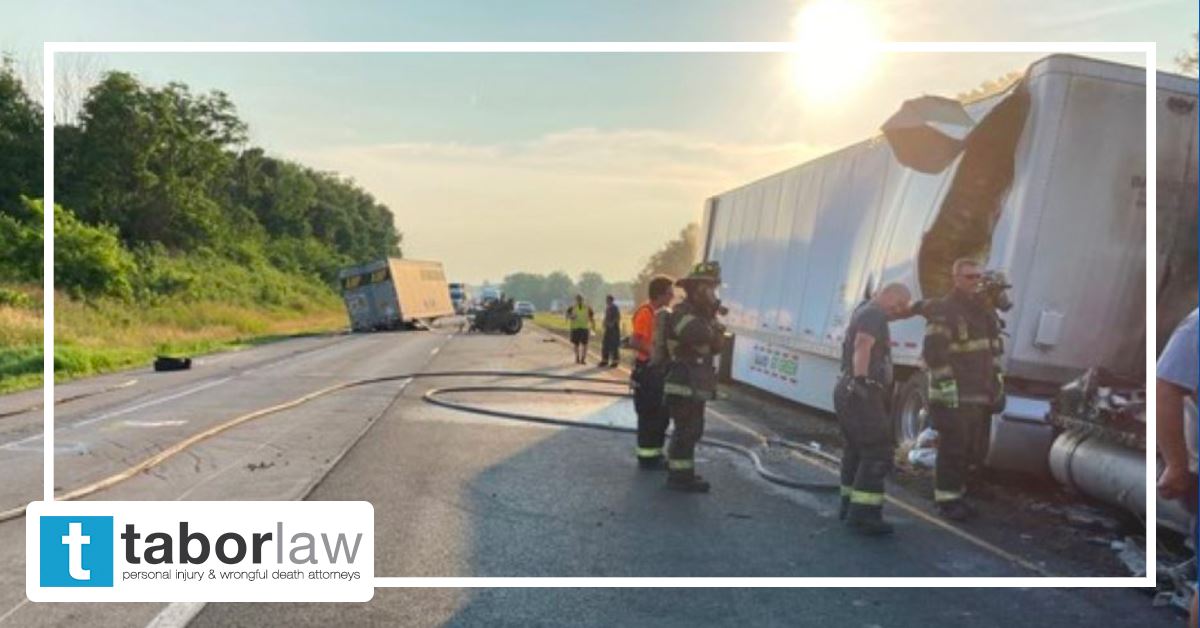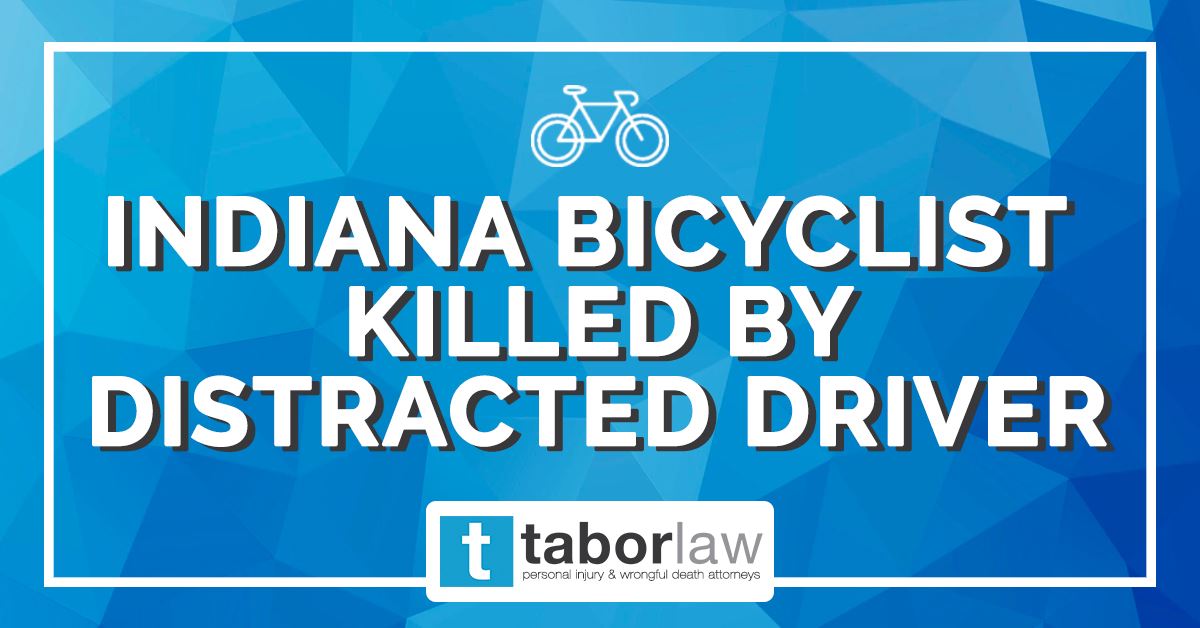Do Ignition Interlock Laws Reduce Alcohol-Related Fatal Crashes?
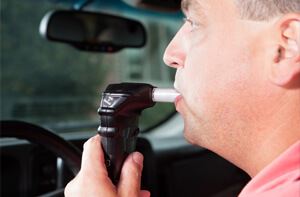
A long-term study published in January’s edition of the American Journal of Preventive Medicine aims to determine how effective are the laws requiring ignition interlock devices for convicted drunk drivers. Do they reduce the number of fatal crashes involving alcohol?
The answer, as is often the case, is “it depends.”
The study is the first of its kind to consider the impact of the differing types of ignition interlock laws cross the country. All 50 states have a law requiring an ignition interlock device, which keeps the vehicle from starting unless a sober driver breathes into a sensor, for at least some drunk drivers. As of March 2016, 26 states have laws requiring the devices for all those convicted of a drunk driving offense.
For the study, researchers from Johns Hopkins Bloomberg School of Public Health and the Colorado School of Public Health considered data from the National Highway Traffic Safety Administration’s Fatality Analysis Reporting System, or FARS, which is the government’s primary source of data on fatal crashes. The team assessed FARS data over the 32-year period between 1982 and 2013, controlling for known trends and other traffic safety laws. Then, they ran that data for each state before its ignition interlock law was passed and again after.
The researchers grouped all 50 states’ ignition interlock laws into three categories:
- Mandatory: Interlock required for all convicted drunk drivers
- Partial: Interlock required for specific convicted drunk drivers
- Permissive: Interlock required at the judge’s discretion
After crunching all that data, the researchers were able to demonstrate a 7-percent decrease in the fatal crash rate in states where mandatory ignition interlock laws had been passed. That translates to 1,250 fatal crashes prevented in those states since 1993.
Unfortunately from this point of view, Indiana’s ignition interlock law is best described as permissive. Judges have the authority to require ignition interlocks whenever a convicted drunk driver seeks probationary driving privileges.
“Until recently, there hasn’t been any evidence on whether these laws prevent alcohol-involved fatal crashes, and specifically whether mandatory/all laws are more effective than permissive and partial laws,” says the study’s lead author. “Our study suggests that they are effective.”
In 2014, about 10,000 people died in fatal motor vehicle crashes involving at least one drunk driver. Drunk driving accidents account for around a third of all traffic deaths.
If you have lost a loved one in a drunk driving crash, Tabor Law Firm is here to help. We have over 75 years of combined experience providing empathetic, accessible and aggressive representation committed to our clients’ success.
Categories:
Related Blog

Pedestrian Safety in Downtown Indianapolis Has Become a Hot Topic. What Can You Do to Protect Yourself?

Bicycle Accidents are on the Rise in Indiana. What Can You Do to Prevent a Bicycle Accident?
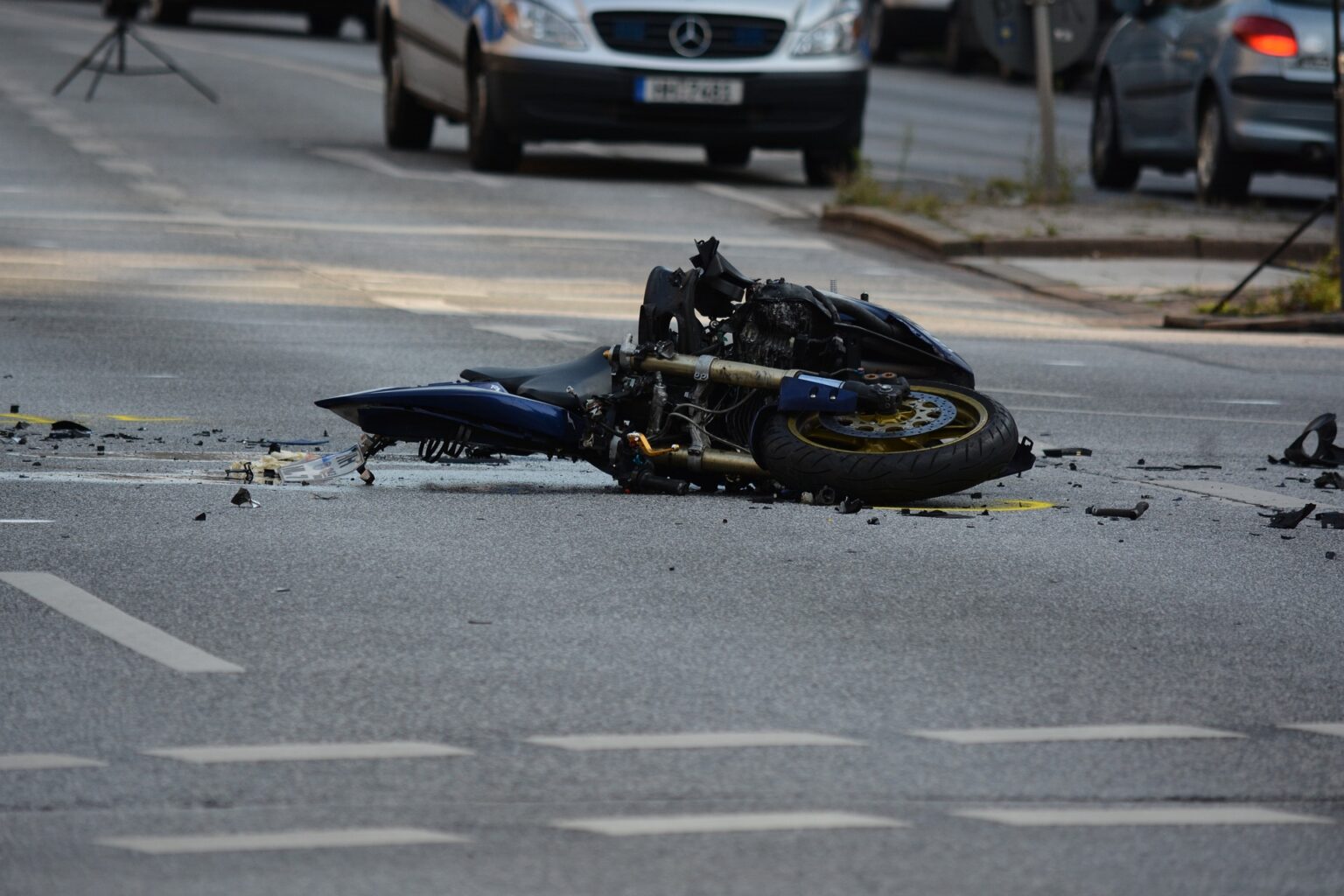
Understanding the Causes of Motorcycle Accidents in Indianapolis: An Analysis of Recent Data
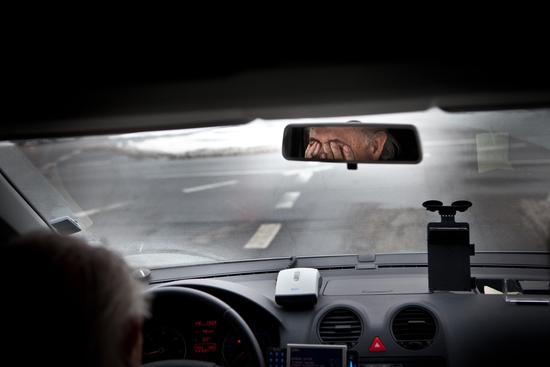
Indianapolis Drunk Driving Accidents and How to Handle them with a Personal Injury Attorney

Two Mothers & Two 12-year-old Daughters Killed in Crash While Headed to Volleyball Tournament

Jefferson County Sheriffs Searching for Hit & Run Driver Who Struck 10-year-old Bicyclist





